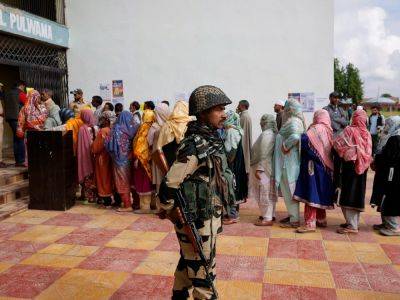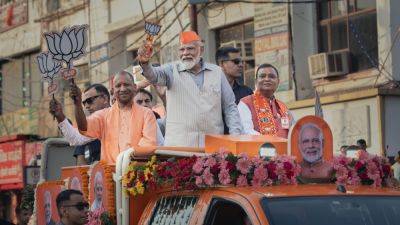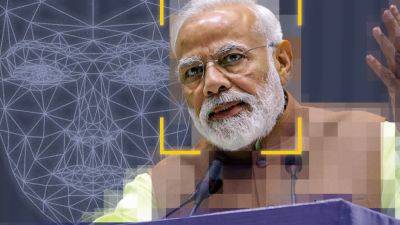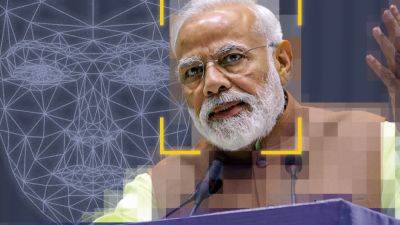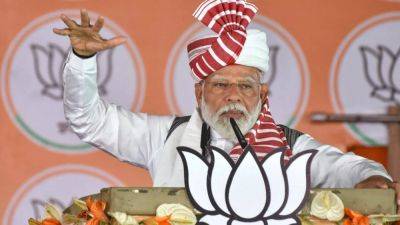India elections don’t inspire much hope in Kashmir
Indian Prime Minister Narendra Modi is favored to win a third term in office in the country’s massive general election, ongoing in stages since April 19. While there are many questions about what another Modi term could mean for the country, residents in the Muslim-majority northern region of Kashmir are particularly apprehensive.
Modi visited the Kashmir capital, Srinagar, in early March in a bid to win Kashmiri hearts and minds – his first visit since his government controversially stripped the region of its semi-autonomous status in 2019.
Amid a heavy security presence, Modi promised over $774 million worth of development projects to boost the economy and tourism in the region.
Whether this is enough to placate Kashmiri voters remains to be seen. Many residents have been made to feel like second-class citizens under Modi’s Hindu nationalist government and have dim views that things will improve if he wins another term in office.
Autonomy revoked
Since Modi was sworn in as India’s 14th prime minister in 2014, he has taken a decidedly muscular approach to Kashmir.
Pledging to quell a rebel movement that has been fighting the Indian state since the 1980s, his government heavily increased its security presence in the region and launched a special operation to root out Kashmir’s terrorist cells.
Then, in a watershed moment for the region in 2019, his government revoked Article 370 of the Indian Constitution, which had granted special privileges to local residents and gave the region its own constitution and flag and the ability to make its own laws.
Modi also redefined domicile rules, making it easier for non-Kashmiris to obtain jobs, land and permanent residency in the region.
The scrapping of Article 370 was recently


